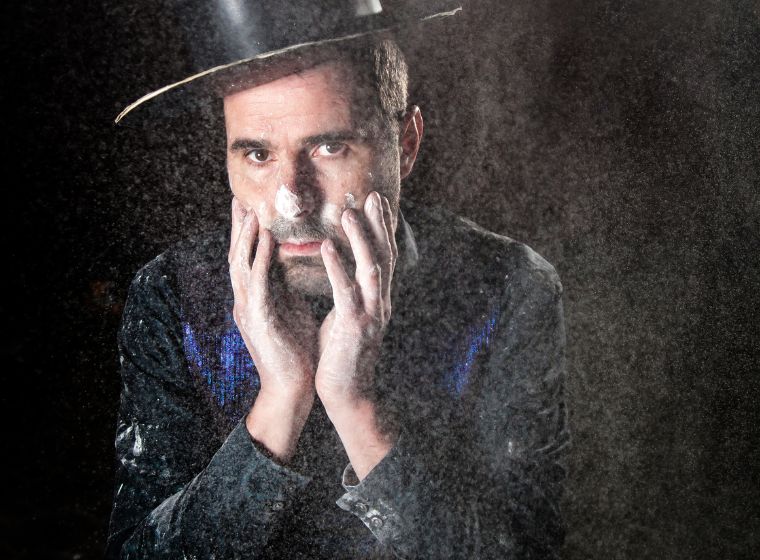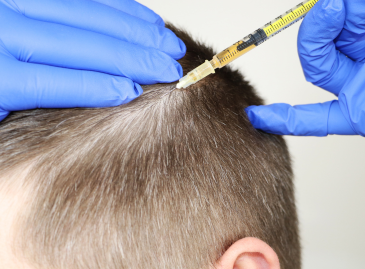
What causes addiction to cocaine?
Addiction to cocaine is a challenging issue that impacts individuals from all over the world. It is a powerful stimulant that creates an intense high, but over time, it can take a serious toll on both the mind and body. Many people wonder why some individuals become addicted while others do not. The truth is, addiction isn’t caused by just one thing; it's a mix of genetics, mental health, environment, and the drug’s addictive nature.
How Cocaine Affects the Brain
Cocaine functions by releasing dopamine, a neurotransmitter linked to motivation and pleasure, into the brain. Dopamine is usually released in small quantities before being reabsorbed. Cocaine blocks this reabsorption, causing an overwhelming feeling of euphoria. However, as a person keeps using, the brain adjusts by producing less dopamine on its own. This makes it harder to feel pleasure without cocaine, pushing the person to use more just to feel normal.
Main Causes of Cocaine Addiction
1. Genetics and Family History
Some people are naturally more at risk of developing addiction due to their genes. If a close family member has struggled with substance abuse, the chances of developing cocaine addiction may be higher. This isn’t a guarantee, but genetics can influence how a person responds to drugs and whether they develop cravings more easily.
2. Mental Health and Emotional Struggles
Cocaine is frequently used by people as a coping mechanism for mental health conditions like trauma, depression, or anxiety. The temporary high can make them feel better, but once it wears off, they often feel worse than before. This creates a dangerous cycle in which people continue to use cocaine as an escape from unpleasant feelings. People with conditions like ADHD or bipolar disorder may also be more vulnerable to addiction.
3. Social and Environmental Influences
A person’s surroundings play a huge role in addiction. A person may view cocaine as normal or even desirable if they are raised in a culture where drug use is prevalent. Peer pressure is another major factor. Many people try cocaine for the first time because friends or coworkers are using it. High-stress jobs, financial struggles, or unstable home lives can also push people toward drug use as a way to cope.
4. The Addictive Nature of Cocaine
Cocaine itself is highly addictive. The high it produces is intense but short-lived, often lasting only a few minutes. This leads people to take more doses in quick succession, increasing the risk of addiction. Over time, tolerance builds, meaning a person needs more cocaine to feel the same effects. This can quickly turn into dependence, where their body and mind crave the drug just to function normally.
Signs of Cocaine Addiction
Early identification of cocaine addiction symptoms can help avoid serious consequences. Some common warning signs include:
- Frequent bursts of high energy followed by exhaustion
- Loss of appetite and noticeable weight loss
- Mood swings, irritability, or paranoia
- Financial difficulties as a result of cocaine purchases
- Neglecting work, relationships, or responsibilities
- Using cocaine even when it’s causing problems in life
Can Cocaine Addiction Be Prevented?
While there’s no foolproof way to prevent addiction, education and awareness can make a big difference. Talking openly about the risks of cocaine use, especially with young people, can help them make informed choices. The likelihood of using drugs for stress reduction can also be decreased by finding healthy coping mechanisms, such as hobbies, therapy, or physical activity.
Getting Help for Cocaine Addiction
Cocaine addiction is treatable, which is excellent news. The first step is recognizing the problem and seeking support. Some effective treatment options include:
- Therapy: Cognitive-behavioral therapy (CBT) can help people change their thinking patterns and learn healthier coping skills.
- Rehabilitation Programs: Inpatient or outpatient rehab programs provide professional guidance and structured treatment.
- Support Groups: Narcotics Anonymous (NA) and other groups help people who are struggling with similar issues.
- Medical Support: While there are no specific medications for cocaine addiction, doctors can help manage withdrawal symptoms and underlying mental health issues.
Conclusion
Cocaine addiction happens due to a combination of genetics, mental health, environment, and the drug’s addictive effects. Although it might be very challenging to overcome, with the proper help, recovery is always achievable. If you or someone you know is struggling with cocaine addiction, seeking help is the best step toward a healthier, happier life.
- Addiction ( 27 )
- Bariatric ( 2 )
- Cardiology ( 10 )
- Check up ( 45 )
- Ear Nose & Throat ( 1 )
- Eye Care ( 2 )
- General Surgery ( 3 )
- Gynecology ( 6 )
- Hematology ( 2 )
- IVF ( 19 )
- Neurosurgery ( 5 )
- Oncology ( 10 )
- Orthopedics ( 8 )
- Physiotherapy ( 1 )
- Plastic & Beauty ( 7 )
- Stem Cells & Longevity ( 19 )
- Transplantation ( 4 )
- Urology ( 7 )







